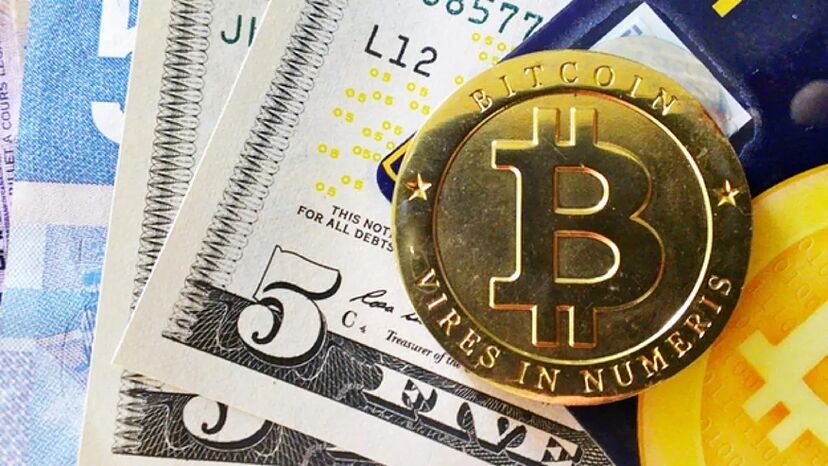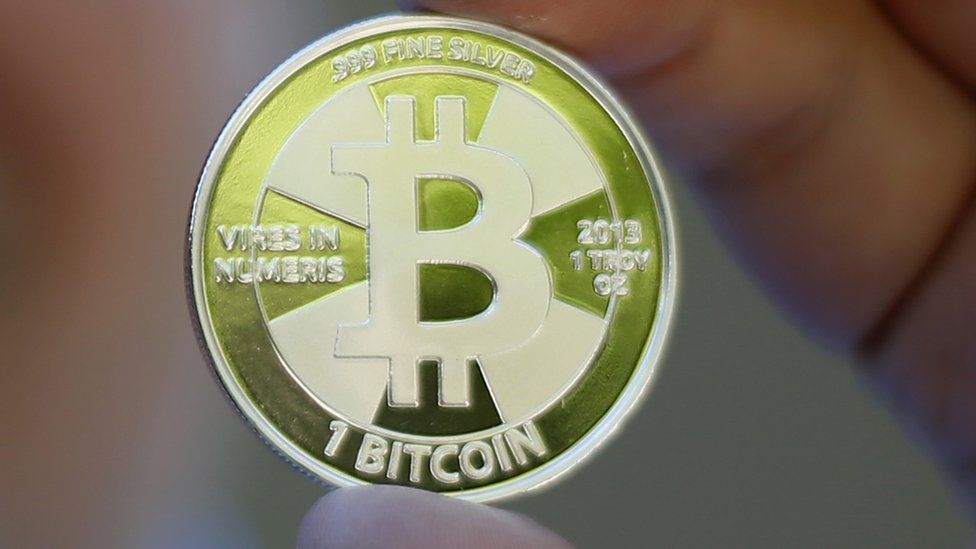Veteran trader explains when it's the best time to cash out of the market
The best time to cash out of the market will depend on your individual investment goals, risk tolerance, and the current market conditions.

As a veteran trader, I've seen my fair share of market ups and downs. I've also seen a lot of people lose money because they didn't know when to best time to cash out of the market.
There is no one-size-fits-all answer to the question of when to cash out of the market. The best time to cash out will depend on your individual investment goals and risk tolerance. However, there are some general guidelines that you can follow to help you make the best decision for your situation.
Consider your investment goals
What are you hoping to achieve with your investments? Are you saving for retirement? Trying to buy a house? Or simply trying to grow your wealth over time?
If you have short-term investment goals, then you may want to consider cashing out of the market when it reaches a certain level of profit. This will help to ensure that you don't lose any money if the market takes a downturn.
If you have long-term investment goals, then you may be able to ride out the short-term volatility of the market. However, you should still have a plan in place for when to best time to cash out of the market. This could be when you reach a certain age, when you have accumulated a certain amount of wealth, or when you need to withdraw money to fund a major life expense.
Assess your risk tolerance
How much risk are you comfortable with? Are you willing to lose some money in order to potentially make more profits? Or do you need to preserve your capital at all costs?
If you have a low risk tolerance, then you may want to consider cashing out of the market more often. This will help to reduce your risk of losses.
If you have a high risk tolerance, then you may be able to stay invested in the market for longer periods of time. This could lead to higher profits over the long term.
Monitor the market
It's important to monitor the market on a regular basis. This will help you to identify any potential risks or opportunities.
If you see that the market is overvalued or that there are signs of a recession on the horizon, then you may want to consider cashing out some or all of your investments.
On the other hand, if you see that the market is undervalued or that there are strong economic fundamentals in place, then you may want to stay invested.
Have a plan
Before you start investing, it's important to have a plan in place for when to cash out. This plan should be based on your investment goals, risk tolerance, and the current market conditions.
Once you have a plan, stick to it. Don't let emotions get in the way of your decision-making.
Here are some additional tips for cashing out of the market:
- Sell gradually. Don't try to sell all of your investments at once. This could drive down the price of the stocks you're selling and could also lead to capital gains taxes. Instead, sell your investments gradually over a period of time.
- Use limit orders. Limit orders allow you to set a minimum price at which you're willing to sell your investments. This can help you to avoid selling your investments at a loss if the market takes a downturn.
- Consider tax implications. When you sell your investments, you may be liable for capital gains taxes. The amount of taxes you owe will depend on the length of time you held the investment and the current tax rate. Be sure to consult with a tax advisor before you sell any of your investments.
There is no one-size-fits-all answer to the question of when to cash out of the market. The best time to cash out will depend on your individual investment goals, risk tolerance, and the current market conditions.
However, by following the tips above, you can help to make the best decision for your situation and increase your chances of success.
What's Your Reaction?














